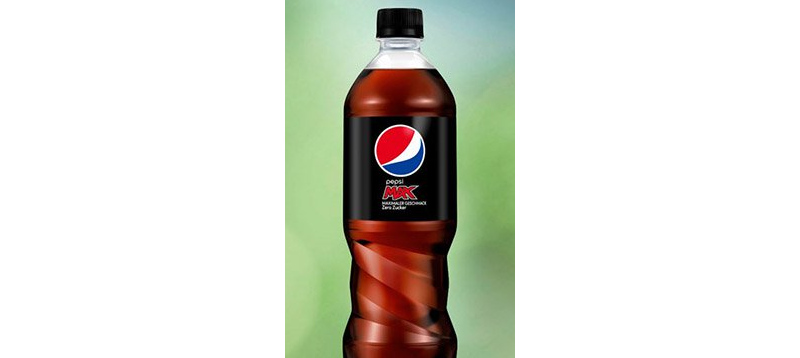PepsiCo commits to 100% rPET bottles for its Pepsi brand in nine European markets by 2022
PepsiCo is committing to eliminate all virgin plastic from its Pepsi brand beverage bottles sold in nine European markets by 2022. The company will package the entire range of beverages under that brand with plastics recycled from post-consumer packaging (rPET). PepsiCo will also continue its progress towards growing reuse and refill systems such as SodaStream.
The company estimates that the move to 100% rPET for these beverage bottles will eliminate over 70,000 t/a of virgin, fossil-fuel based plastic, and will lower carbon emissions per bottle by approximately 40%. In 2018, the company had announced that it would get to 50% rPET usage across the EU by 2030 and has already reached 30%.
Technological innovations in the use of recycled plastics in carbonated drink bottles, improvements in the appearance of recycled plastic, and greater availability of recycled materials on the market have made it possible for the company to accelerate its progress.
Germany, Poland, Romania, Greece and Spain will switch to 100% rPET in 2021, while France, Great Britain, Belgium and Luxembourg will be at 100% rPET in 2022. The move applies to both company-owned and franchise bottlers in the relevant markets.
In France, Great Britain, Germany, Belgium and Luxembourg the commitment goes beyond Pepsi brands, to include all soft drinks, for instance 7Up, Mountain Dew and Lipton Ice Tea. Poland and Romania will also use 100% rPET in Mirinda.
Over the past two years, PepsiCo has made solid progress in the journey to rPET inclusion. As well as doubling its use of rPET in the EU to 30% in two years, it has launched three brands (Tropicana, Naked Smoothies and Lipton Iced Tea) in 100% rPET bottles across a number of EU markets.
A critical part of increasing the availability of recycled plastics suitable for re-use in food packaging is ensuring that bottles are easily recyclable and recycled. Almost 90% of PepsiCo’s packaging portfolio is already recyclable, compostable or biodegradable as the company states.
The company is working to increase that percentage further through design improvements such as moving to clear bottles. The company is also committed to consumer education to ensure that more of its packaging is placed in the recycling system rather than in the environment.
While recycling is an important part of tackling plastic waste, PepsiCo recognises it is just part of the solution. Its three-pillar approach also looks to reduce the amount of packaging it uses and reinvent its packaging through innovations. This includes exploring new materials such as the world’s first fully recyclable paper bottle through the Pulpex consortium, and investing in reusable models such as SodaStream, which aims through growth, to avoid 67 billion single-use plastic bottles globally by 2025.
PepsiCo also participates in Extended Producer Responsibility (EPR) schemes across the EU to improve collection and recycling rates and is supportive of deposit return schemes where kerbside collections are insufficient to meet the EU target of 90% collection by 2029.

